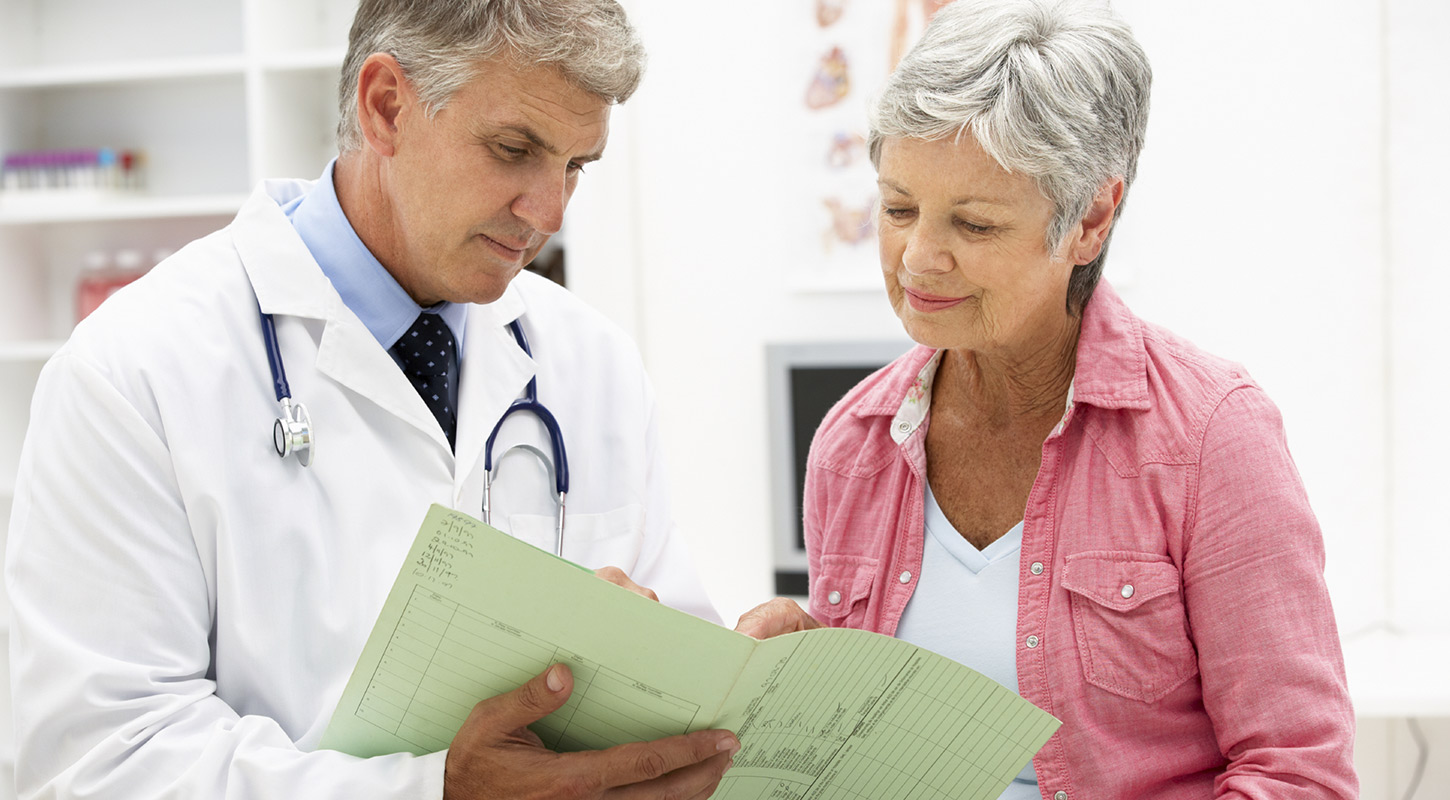Getting Back to Normal After Open Heart Surgery
Jan 16 • 2015

Open heart surgery is a major procedure, and while it will feel good to return home from the hospital, it can be stressful returning to normal life. Preparation is extremely important to guarantee that healing occurs properly and prevents overexertion. Keep these tips in mind to make recovery as easy as possible.
- Taking proper care of the incision is one of the most important steps during recovery. Keep the cut clean and dry using soap and water. If you notice signs of infection like increased drainage, opening of the incision line, redness or warmth around the cut, or high body temperature, it is important to call a doctor right away.
- Speak with your doctor for personalized recommendations on when you are able to return to daily activities. During the first six to eight weeks after surgery, most patients are told to gradually increase their activity. While household chores are manageable, do not stand in one place for longer than 15 minutes. Do not lift objects heavier than 10 pounds or push or pull heavy objects. Walking daily while abiding by your doctor’s guidelines is especially important.
- Having a healthy diet after surgery helps with the healing process. Your doctor can provide special dietary instructions if necessary. It is common to have a poor appetite, so smaller, more frequent meals can be a great solution. Contact your doctor if you do not find your appetite returning within a few weeks of surgery.
- If you find yourself having trouble sleeping due to pain, try taking pain medication 30 minutes before bed. Try not to nap too frequently throughout the day, but make sure you are resting after physical activity. Stay away from caffeine in the evenings, and do your best to develop a bedtime routine.
If you or a loved one has undergone open heart surgery [PDF], it is important to be patient with the healing process. Allow it to take its time to heal properly so you can return to your typical routine. Be sure to speak with your doctor for any personalized recommendations after surgery.
